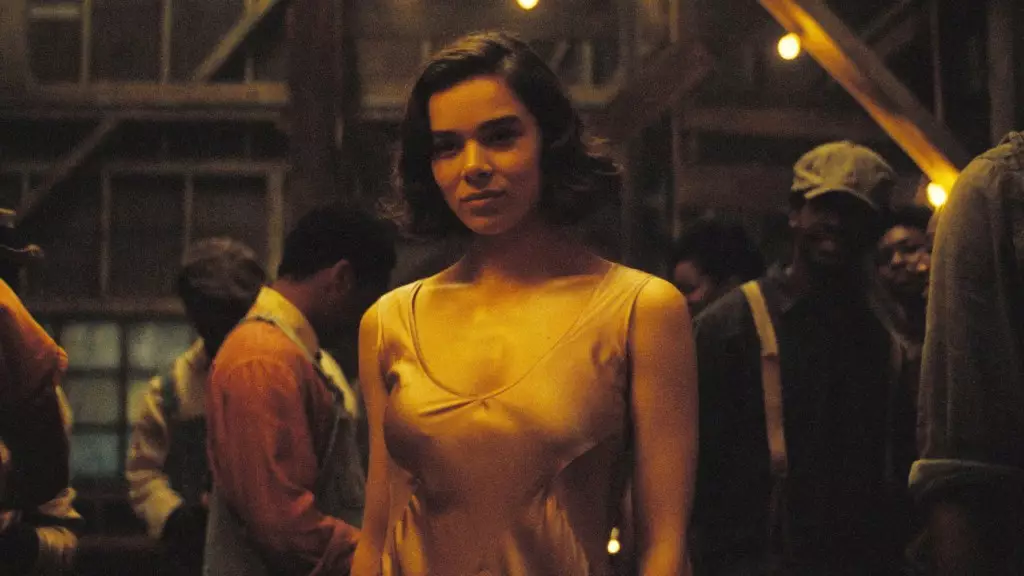Hailee Steinfeld’s role in the upcoming film “Sinners” is more than just an acting gig; it is an intimate exploration of identity and heritage. As she portrays Mary, a multi-racial vampire in 1930s Mississippi, Steinfeld taps into a deeper resonance that many actors strive for but seldom reach. While the character may come from a fictional realm, her relationship with Mary reveals a profound connection to her own heritage as a part-Black and part-Filipino individual. This acknowledgment not only enhances the authenticity of her performance but also allows viewers to engage with the subject matter on a more personal level.
Steinfeld’s reflections reveal the emotional weight of the narrative woven into “Sinners.” She mentions grappling with numerous questions that the storyline evokes, underscoring how the film has prompted her to consider facets of her ancestry and the stories left unspoken by those who came before her. This cognitive engagement facilitates an empathetic approach to the material for both the cast and viewers alike, fostering a shared experience that transcends the screen.
Creating a Grounded Narrative
Director Ryan Coogler’s vision for “Sinners” draws from his own life experiences, making the film a tapestry of personal narratives rather than a mere horror flick. Coogler recounts the influence of his late uncle, highlighting how his memories and the music he cherished shaped the emotional landscape of the film. The focus on blues music serves as a poignant reminder of cultural roots, bridging the gap between past and present. It also enriches the film’s atmosphere, setting a tone that emphasizes nostalgia, grief, and the supernatural.
The synergy between Steinfeld’s character and Coogler’s inspiration creates a compelling universe where the viewers are not just passive observers but active participants in the historical dialogue. The movie’s setting—the dark underbelly of the Southern United States—serves as a backdrop for exploring themes of trauma and resilience, encouraging audiences to confront the lingering impacts of family histories intertwined with societal injustices.
Cinematic Conscience
The depth embedded within “Sinners” hints at a shift in how stories are told in the horror genre. Rather than relying solely on jump scares and gore, this film provokes thought and conversation around identity, grief, and cultural legacy. Steinfeld’s heartfelt connection to her character serves as a powerful reminder that cinema is capable of going beyond mere entertainment—transforming into a conduit for healing and understanding.
As both personal and collective tragedies inform the film’s narrative structure, the characters’ struggles become universally relatable. This depth transforms “Sinners” into a work of art that resonates with anyone grappling with their own identity amid the chaos of external pressures. The horror lies not only in supernatural elements but also in the truths that surface when facing one’s self, family, and history.
In an era where representation matters, “Sinners” underscores the importance of telling multifaceted stories that reflect the complexities of modern existence. It invites audiences to confront their own narratives while reminding them that every person’s background carries weight and significance—a sophisticated approach to filmmaking that is both refreshing and necessary.
